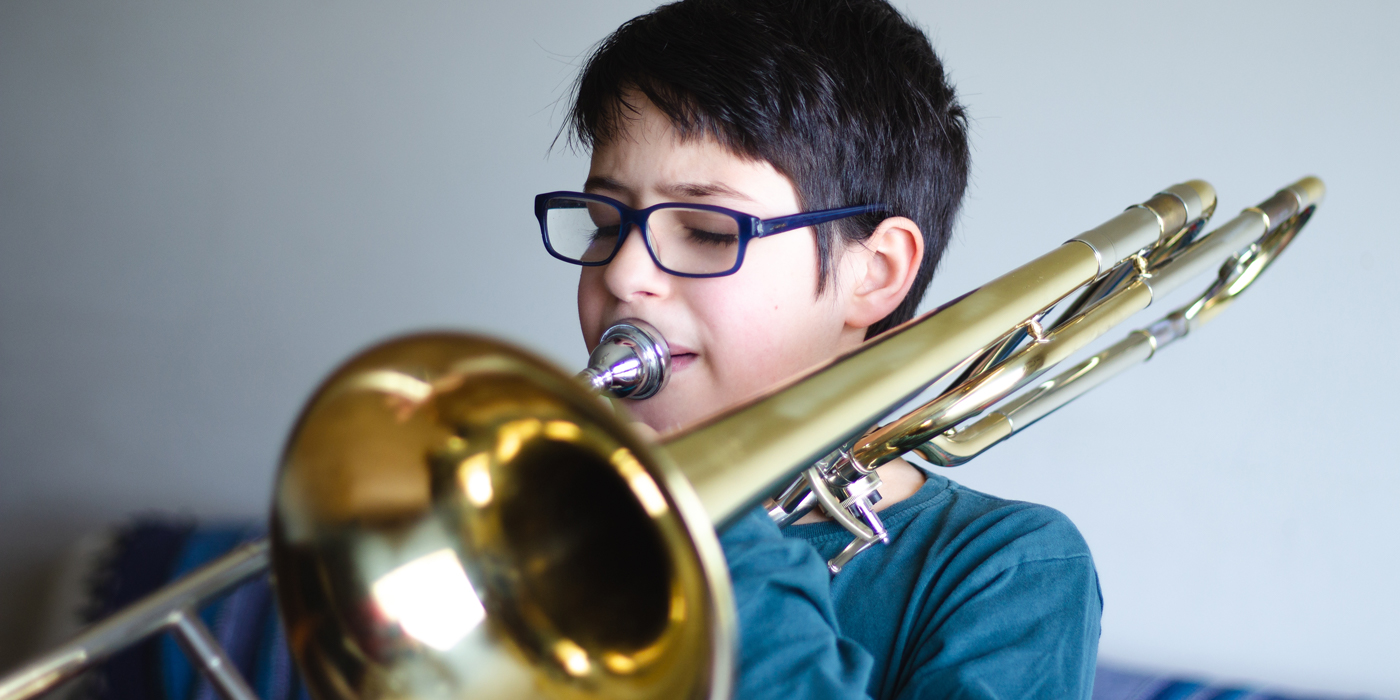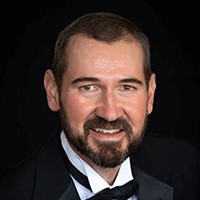
Teaching students to practice is one of the most important (and overlooked) aspects of music instruction. When students are armed with effective techniques of individual practice, they become more efficient in the practice room and feel a sense of accomplishment that leads to consistent practice habits. Today I’d like to share some suggestions on how to motivate your students to better practice.
The Problem
Most music students simply do not know how to practice effectively. They may have a few, well-worn strategies that help them learn the correct notes and rhythms. Beyond that, however, most students find little success in the practice room.
In fact, I would surmise that if most educators were truly honest, they would probably admit that they do not practice very efficiently themselves. We might also admit that it took many years of trial and error to develop a few effective practice techniques on our own.
Besides, even if we felt we had all the answers, how could we possibly find time during class to talk about practice techniques? Instead, we just tell our students to, “go practice” and come back tomorrow.
The Solution
During the last two decades, I have observed music students struggling with individual practice, and became convinced that there had to be a better way. I worked through countless research studies and read dozens of books to find helpful techniques for students. The result of that work is my latest book, Practicing with Purpose (Meredith Music Publications). It includes 50 practice techniques derived from research studies, anecdotal evidence, discussions with recognized artists, and countless conversations with students. The resulting text provides teachers and students with the philosophies, strategies, and tools to navigate the practice process more effectively and efficiently.
Teaching students to practice effectively can be more enjoyable than you might imagine. When I speak to music teachers about teaching practice techniques to their students, I highlight a few of the strategies found in the book. Two of the more popular suggestions relate to practice plans and assessment, as described below.
Practice Plans
Imagine that you are the track coach at your school, and the athletes are showing up for their first track practice session of the new season. What is your job at this moment? My guess is that you are going to say a few words of inspiration, and then split everyone into disciplines (hurdles, long jump, 400m relay, etc). Next, you are going to describe the workout session for each group. For the 400m runners it might look something like:
- Warmup – two laps on track, medium speed
- Stretches – as prescribed by coach
- Drills (event) – 4 X 400 at 70% followed by 30-sec rest
- Drills (speed) – 4 X 100 at 90% followed by 30-sec rest
- Exercises – core workout as prescribed by coach
- Cool Down – light running/walking on track
This point is that every group of athletes is given a workout plan developed by an expert in the field. The athletes do not have to develop a plan on their own. They simply execute the workout plan to the best of their ability.
What would happen if we applied this concept to music study? I recommend developing a workout plan (practice plan) for your students in each group. Say a few inspiring words and then let the students execute the plan that you created for them. I firmly believe that this one change in your teaching will make a significant impact on your music program.
A simple practice plan might look something like:
- Warmup – Long tones with excellent posture and holding position
- Drill – E-flat major scale, tongued, eighth-note=80 bmp – two times
- Drill – Concert Piece, m. 12-36, learn notes/rhythms with metronome @ 76 bmp
- Drill – Record yourself playing the bottom line of a short duet, then play top line along with the recording
- Cool Down – record time and reflections on practice card/journal
Assessment
Once practice plans have been established in your music program they also provide opportunities for meaningful assessment data. Many music teachers utilize practice cards to collect assessment data. Students complete the practice cards based on the amount of time they practiced at home. Parents (theoretically) corroborate with the students, sign the card, and students earn grade points. In my experience, however, time is not a good indicator of progress. Are parents really checking to see if that practice card is accurate anyway? We already know the answer…
Instead of practice cards based on time alone, try a different approach. Provide practice plans for the students as described above and then ask them to return two pieces of information:
- Time: how much time did each task on the practice plan require?
- Reflection: what got better today, what still needs improvement?
Music teachers can alter the reflection questions/prompts each day/week to gather more specific information from students. Those responses will inform future practice plan creation. Eventually, more mature students will be able to create practice plans on their own based upon effective, post-practice reflection. The student-created practice plans become another piece of assessment data.
SmartMusic includes world-class assessment tools. Try it for free.
A Cyclical Process
Motivation in the practice room is a cyclical process. First, students need to be given practice plans with small, achievable goals developed by an expert in the field. Next, they need to execute the practice plan and realize progress on their instrument. Finally, they need an extrinsic reward for doing the work. That simple process provides the motivation that will feed a life-long love of practice.
